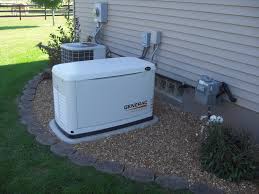Battery Backup Has Become Affordable!!
Battery technology has progressed rapidly in recent years. Battery systems can now be built at a relatively low cost, making battery backup systems a viable option for homeowners, and even businesses and municipal facilities.
There are financial incentives available for battery systems. Home owners can receive up to $2,500 from the Oregon Department of Energy (ODOE) when an energy storage system (ESS) is installed in tandem with a solar electric system.
ODOE has substantial grants available for municipalities and businesses under the Community Renewable Energy Project and Community Resiliency Project programs to cover planning costs up to $100,000, and construction costs up to $1,000,000. AES can guide you through the grant application process, to secure this funding for your project!
We customize each battery backup system to serve the needs of your location. Ask us how a battery system would work for you home, business, or facility.

In partnership with Eugene Water and Electric Board (EWEB), and Worley Parsons, AES designed and built this battery backup project for Howard Elementary School in Eugene. See more information on our project page here.

Example battery system built by AES. 30 kWh energy storage system, coupled with a 16 kW solar electric array. Grid-tied to Midstate Electric Coop.
Your choice of installer should weigh the quality of their previous installations. Our electricians and technicians have a wealth of experience, and it shows in the quality of our installations!
Example battery system built by AES. 123 kWh energy storage system, coupled with a 25 kW solar electric array. Grid-tied to Pacific Power.
AES will help you find a cost-effective battery solution. However, we value reliability above lowest cost. An installation with AES will always be of the highest quality.

Example built by AES: 10 kWh Battery system, tied to a 10 kW solar electric system.
Quiz: Do you know the difference between “kW” and “kWh?” Kilowatts or “kW” is a capacity rating, to describe potential instantaneous power. Kilowatt-hours or “kWh” describes energy, or work being done. Ask your AES solar consultant to explain these concepts to inform your renewable energy and energy storage goals!


